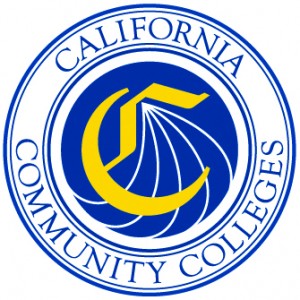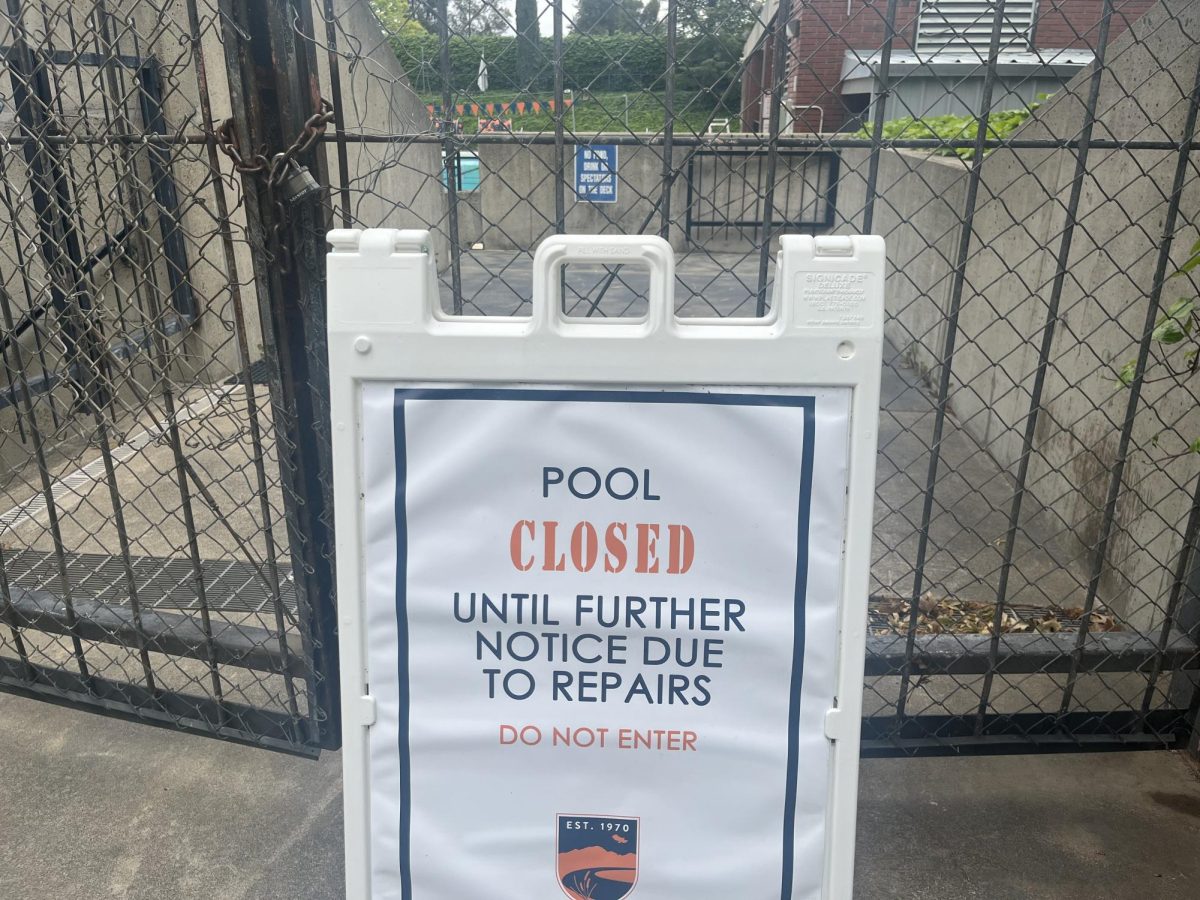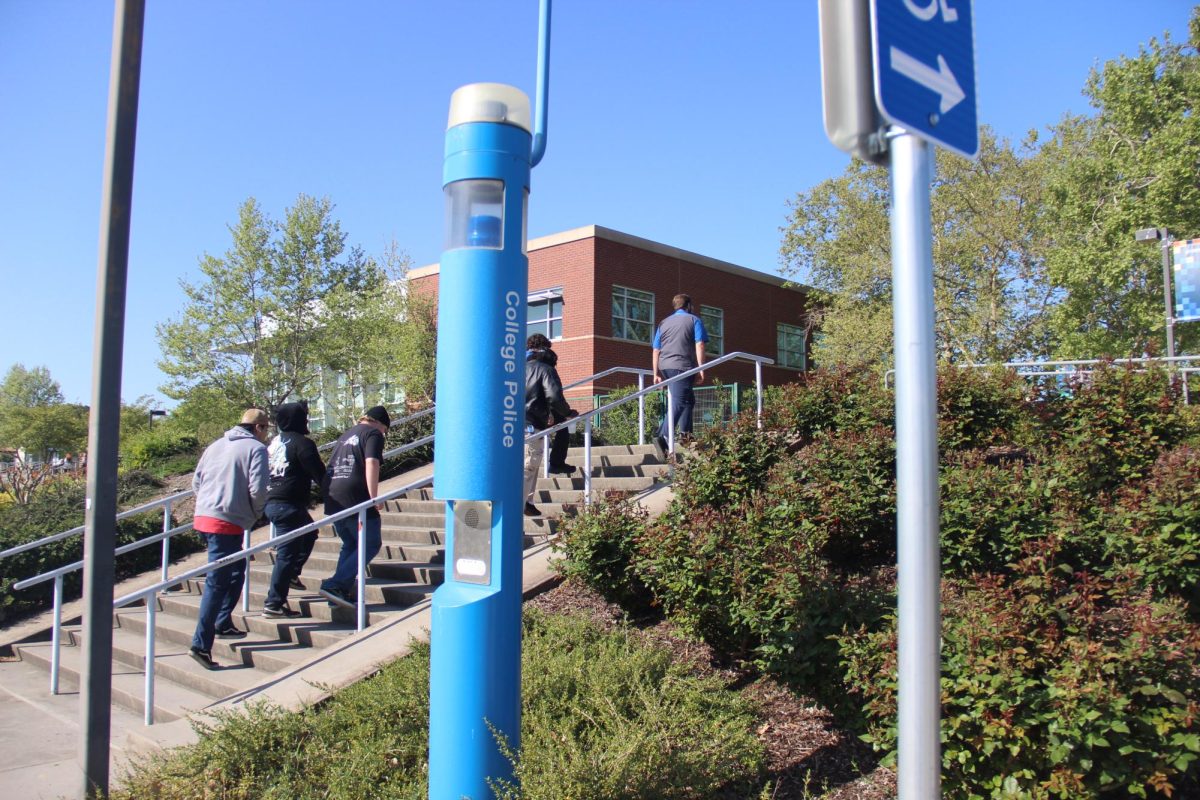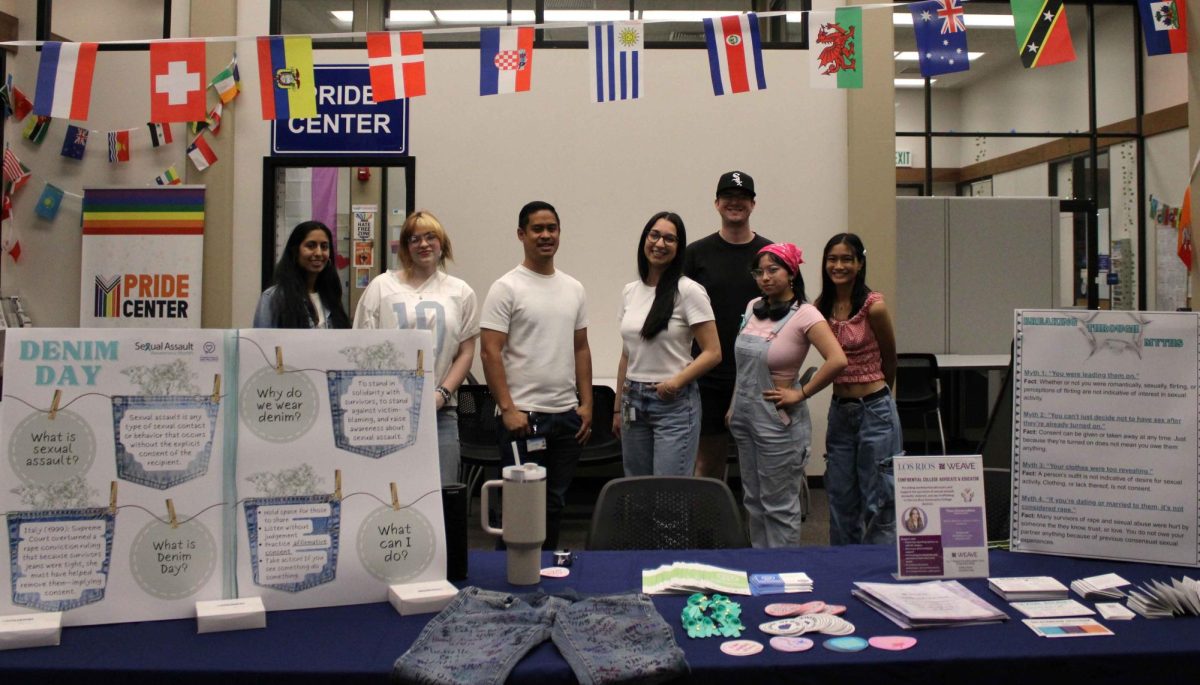Board of Governors believes graduates are key to California’s economic future
September 30, 2014
With California’s economy still recovering from the recession, The California Community College Board of Governors is convinced an increase in graduates from community colleges will help to boost the state’s economy. They’re attempting to accomplish this through the Student Success Initiative.
The SSI is a set of 22 policy changes put together by the Student Success Task Force, a group assembled by the board, in order to “improve educational achievement,” according to the California Community College Chancellor’s Office website.
“Essentially, the basic dynamics are more education, whether it’s college or some other type, you get a more productive worker,” said Cosumnes River College economics Professor Dennis Meyers. “Having a greater supply of higher productive workers leads to a more productive labor force and economy. Particularly for employers who may need high productivity workers with certain skills and knowledge, that’s an attractive place to do business.”
In order to create these productive graduates, the SSI is looking to provide the support community colleges need through their policy changes.
This includes the Student Success and Support Program, which gave $50 million in funding “for orientation, assessment, counseling and advising to develop student education plans,” according to the BOG agenda chart provided on the CCCCO’s website.
The SSI has also created the Student Success Scorecard, which tracks student success rates at colleges in California, and the Salary Surfer website, which shows projected salaries for after graduating in a field of study, in order to be more transparent, according to the BOG agenda chart.
The policy changes mentioned here have already been met, in addition to nine others. The remaining 16 goals are projected to be completed by fall of 2015, according to the BOG agenda chart.
With the new policies in place, California community colleges are hoping for a rise in degrees earned and that “students who earn a degree or certificate from a California community college nearly double their earnings within three years,” according to the 2014 brochure for the SSI on the CCCCO’s website.
Meyers said that he agrees, assuming that graduates are willing to relocate.
“If you have enough people with the right skills from the growing industries, a certain region could attract more of that industry in some place that doesn’t have those kinds of labor skills,” Meyers said.
CRC is over the statewide average of 46.9 percent for overall completion, with 48.1 percent, and close to the statewide average of 53.9 percent for career technical education, with 53.7 percent, for the 2012-2013 school year, according to the Student Success Scorecard website.
That’s about 1.2 million students who completed college in the 2012-2013 school year, according to the Student Success Scorecard, so where’s the current improvement in the economy?
“What really makes this a difficult situation is up until very, very recently the recession dampened all kinds of job growth but it also really dampened the growth of high paying jobs,” Meyers said. “Once the economy did start to recover, it started out by creating a lot of low paying jobs, a lot of service sector jobs, a lot of people earning higher degrees that aren’t being utilized.”
But two parts of California’s economy are seeing job growth.
“One part is health care,” Meyers said. “That’s always had a shortage of labor and that’s always going to grow. Particularly now, with the Affordable Care Act passed, you’re going to see a big surge in demand for all kinds of healthcare associated workers.”
Burgundy Vongsa, a 20-year-old biochemistry major, said she was pursuing a higher education because she realized the impact the field of medicine has on California’s economy.
“I have higher goals for myself in the future,” Vongsa said. “I want to be a doctor. We’re actually in a shortage of doctors.”
Meyers went on to discuss the second section of California’s growing economy.
“The other big one in California is high tech industries, programming and skills needed for all kinds of activities,” Meyers said.
Jennifer Alfaro, 18, a computer science major, is in her field because she said she also foresees the industry’s growth.
“I feel like in the future most things are going to be based on technology,” Alfaro said. “If I end up pursuing a career in computer science I can help out with the new technology.”
As far as student debt goes for those pursuing a higher education, some, such as Vongsa, said they felt their jobs could compensate.
“In order to be at the level I want to be at, I have to take certain risks and certain sacrifices, but not matter what, at the end of the day, I don’t want to have any debt attached to my name, so I’d still work hard to pay it off,” Vongsa said. “Even though that’s a burden for a few years, the higher [education] you pursue the better off things will be.”






